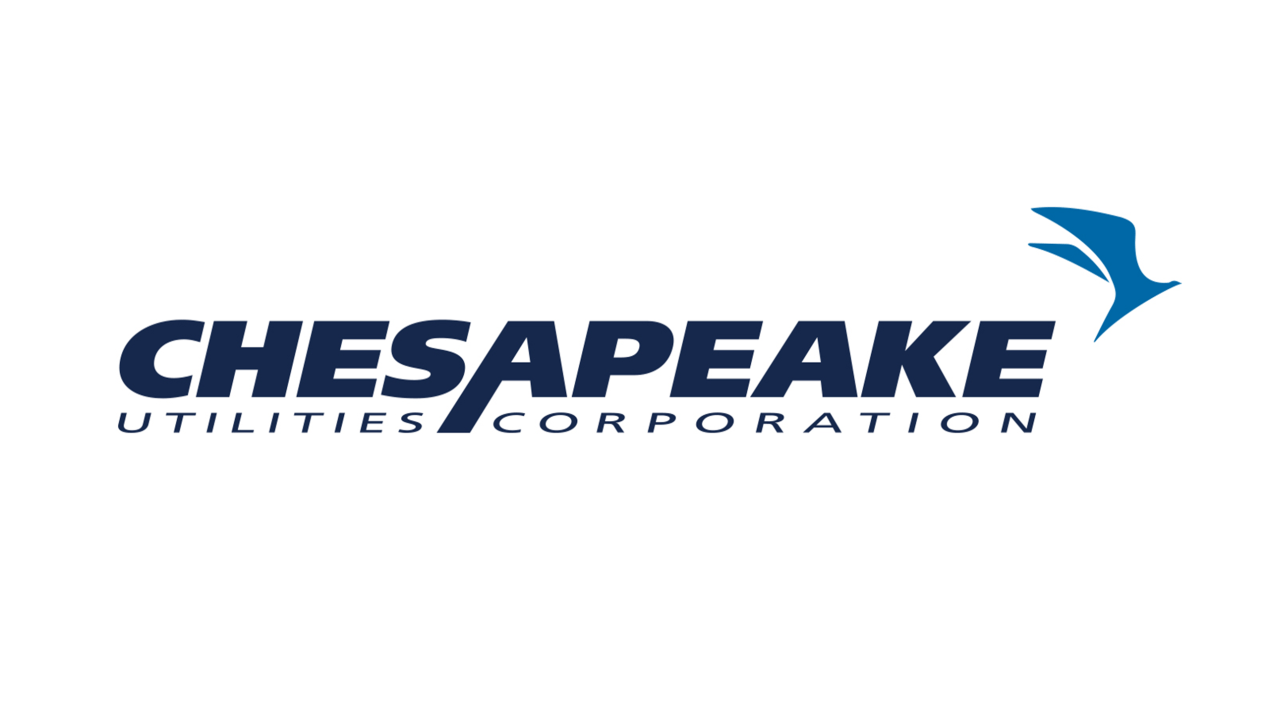

Market research firm Allied Market Research anticipates substantial growth in the process orchestration market, reaching a projected value of USD 27.61 billion by 2031. This upward trend is attributed to a rising demand for enhanced operational efficiency across various industries.
Process orchestration refers to systematically coordinating and automating an organization’s processes, tasks, and activities. This approach aims to achieve seamless workflow management by streamlining the flow of information, tasks, and resources across different departments and functions. It facilitates the design, optimization, and execution of complex workflows involving multiple applications, systems, data sources, and stakeholders.
A key driver of market growth is the increasing complexity of business processes. Modern organizations operate in a dynamic environment, often juggling intricate workflows that involve numerous steps, departments, and external partners. Process orchestration solutions offer a centralized platform to manage these complexities, ensuring efficient execution and improved operational visibility.
Furthermore, the growing adoption of digital transformation initiatives is fueling market expansion. Businesses increasingly recognize the value of leveraging digital technologies to automate tasks, optimize processes, and gain a competitive edge. Process orchestration solutions seamlessly integrate with existing digital tools and platforms, enhancing their functionality and effectiveness.
The report by Allied Market Research also highlights the rising demand for optimum resource utilization as a significant growth factor. Process orchestration tools provide valuable insights into process performance, enabling organizations to identify bottlenecks and optimize resource allocation. This translates to increased productivity, reduced operational costs, and improved efficiency.
The benefits of process orchestration extend beyond cost savings and efficiency gains. These solutions also contribute to improved business agility and faster time to market. By streamlining processes and eliminating redundancies, organizations can more readily adapt to changing market conditions and launch new products or services with greater speed.
Integrating artificial intelligence (AI) into process orchestration solutions presents exciting possibilities for further market growth. AI-powered tools can analyze vast amounts of process data, identify patterns, and make real-time recommendations for optimization. This level of automation and intelligence can revolutionize process management and unlock even greater levels of efficiency and performance.
In conclusion, the process orchestration market is poised for significant growth in the coming years, driven by a confluence of factors, including the rising demand for operational efficiency, increasing business process complexity, and the adoption of digital transformation initiatives. As organizations continue to seek ways to streamline operations, optimize resource utilization, and improve business agility, process orchestration solutions are expected to play a pivotal role in their success.
© THE CEO PUBLICATION 2021 | All rights reserved. Terms and condition | Privacy and Policy